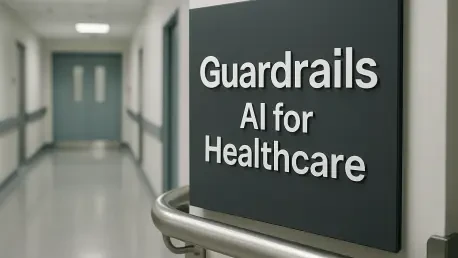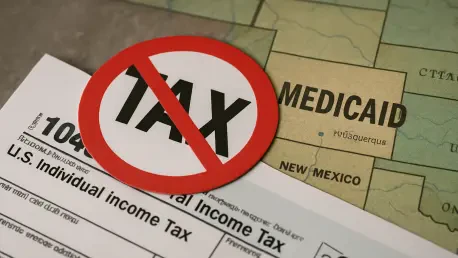
Retirement planning often focuses on accumulating a substantial nest egg, but a critical and frequently underestimated factor can unravel even the most carefully constructed financial strategies: the relentless rise of healthcare costs. While gross income and Social Security benefits provide a

In an increasingly challenging pharmaceutical landscape, where the price of a new therapy is scrutinized with unprecedented intensity, simply proving a drug is safe and effective is no longer sufficient. Life sciences companies now face the monumental task of demonstrating clear clinical and

As the healthcare industry rapidly embraces the transformative potential of artificial intelligence, a critical question emerges regarding the balance between innovation and the unwavering need for accuracy and compliance. In response to this industry-wide dialogue, PLEXIS Healthcare Systems has

In a significant policy shift that has ignited a firestorm of political debate, the Department of Veterans Affairs has finalized a new rule that dramatically curtails abortion access for the nation's veterans and their families. Effective as of December 31, the regulation reverses a temporary

The American healthcare landscape is undergoing a profound and irreversible transformation, moving decisively away from a volume-based, fee-for-service model toward a value-based care system that prioritizes quality outcomes and cost-efficiency. For the community of rehabilitation

A new federal rule is set to fundamentally alter the intricate financial architecture supporting state Medicaid programs, introducing a period of profound uncertainty for lawmakers, healthcare providers, and the millions of Americans who rely on these services. The final rule, issued by the Centers